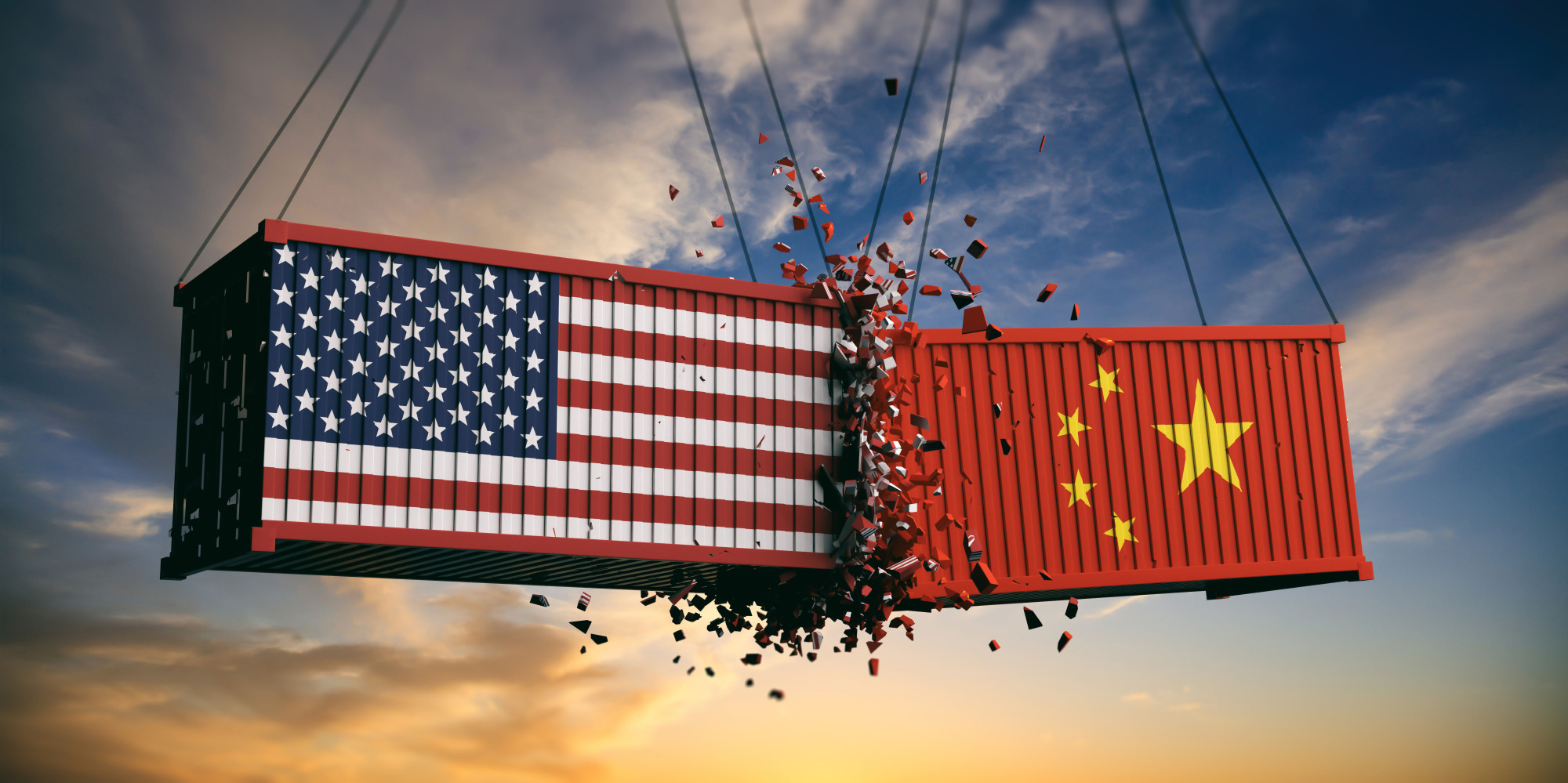China hawks are chastising U.S. President Donald Trump's "phase one" trade deal because it focuses on increasing U.S. exports while ignoring Beijing's subsidies for favored industries. Instead of seeking to coerce China into abandoning policies that both sides agree benefit its economy, the United States should seek to emulate them.
In one typical critique, experts at the Peterson Institute, a Washington think tank, lamented that Trump hasn't explained "how his deal would tackle the Chinese subsidies that were the impetus for launching this trade war in the first place." That's a view shared by many in Washington. Though Trump himself often appears more concerned about bilateral deficits, it's worth asking whether the concern over subsidies actually makes sense.
Until recently, mainstream economists and policymakers largely dismissed state-led industrial policy — a form of government intervention in the free market — as wasteful and ineffective. Government bureaucrats, the argument went, lack the ability to effectively pick winners among companies or industry sectors. The task is better left to venture capitalists and stock market investors. Moreover, a politicized process of distributing public money is inherently susceptible to rent-seeking and corruption.


















With your current subscription plan you can comment on stories. However, before writing your first comment, please create a display name in the Profile section of your subscriber account page.